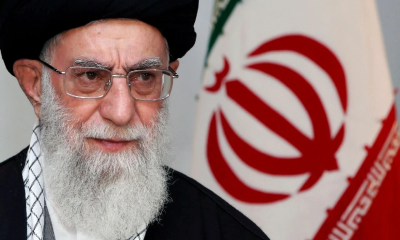Every year on 7 April, World Health Day is observed. In order to celebrate this day, people around the world participate in activities and attend seminars that are related to the topic of health. It is the day that usually marks the beginning of a new campaign that seeks to promote a healthy world. This day has become ever more important today than ever before!
Our world is an unequal one.
As COVID-19 has highlighted, some people are able to live healthier lives and have better access to health services than others - entirely due to the conditions in which they are born, grow, live, work and age.
In recent years, countries in the Western Pacific have experienced rapid economic growth, migration and urbanization. This created opportunities for better lives for many, but left others behind. The COVID-19 pandemic has undercut recent health gains, pushed more people into poverty and food insecurity, and amplified gender, social and health inequities.
All over the world, some groups struggle to make ends meet with little daily income, have poorer housing conditions and education, fewer employment opportunities, experience greater gender inequality, and have little or no access to safe environments, clean water and air, food security and health services. This leads to unnecessary suffering, avoidable illness, and premature death. And it harms our societies and economies.
This is not only unfair: it is preventable. It is high time that world leaders ensure that everyone has living and working conditions that are conducive to good health. At the same time, it is vital that leaders urge to monitor health inequities, and to ensure that all people are able to access quality health services when and where they need them.
COVID-19 has hit all countries hard, but its impact has been harshest on those communities which were already vulnerable, who are more exposed to the disease, less likely to have access to quality health care services and more likely to experience adverse consequences as a result of measures implemented to contain the pandemic.









-20260301064029.webp)








-20260228080513.webp)





-20260224075258.webp)






-20260225072312.webp)
